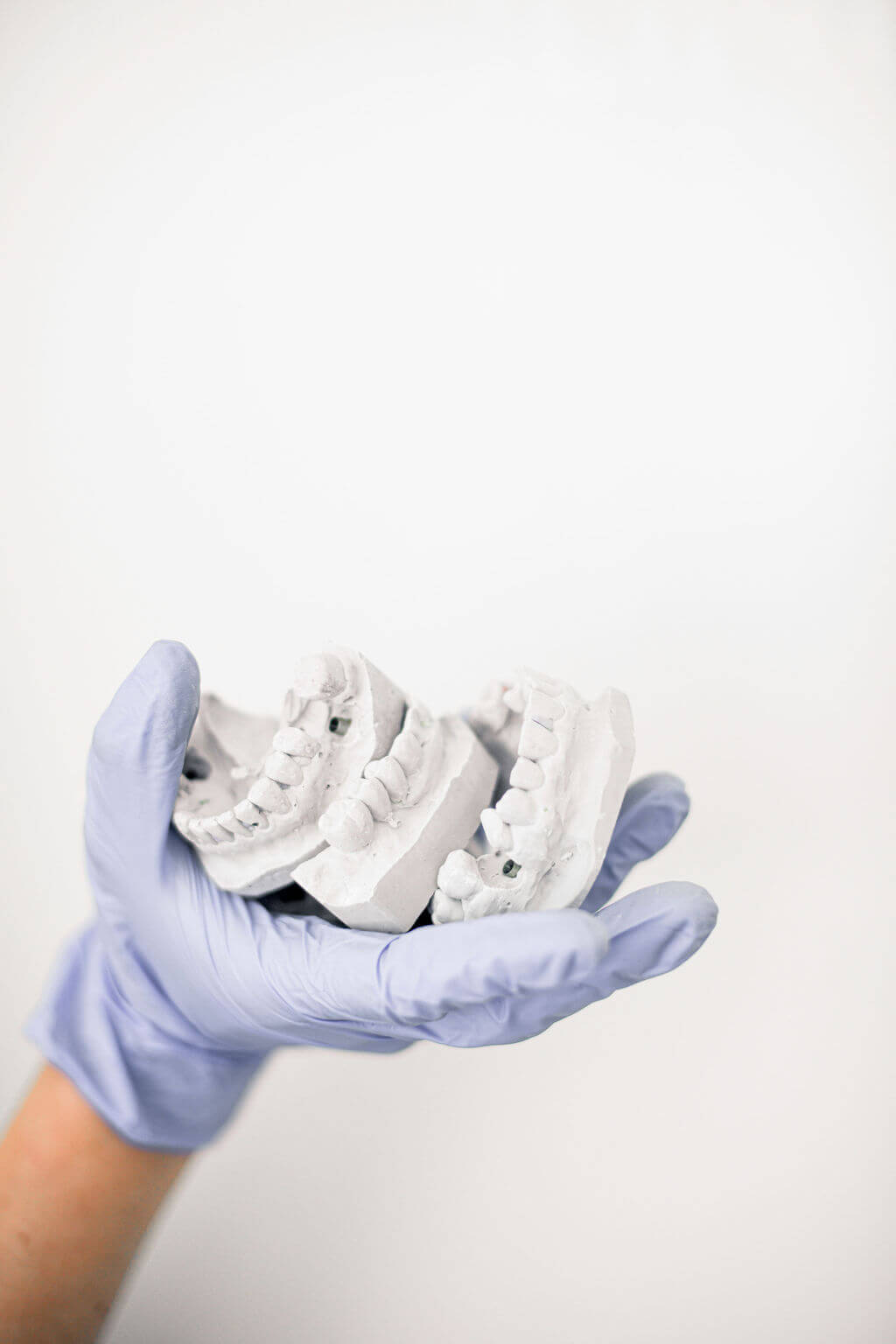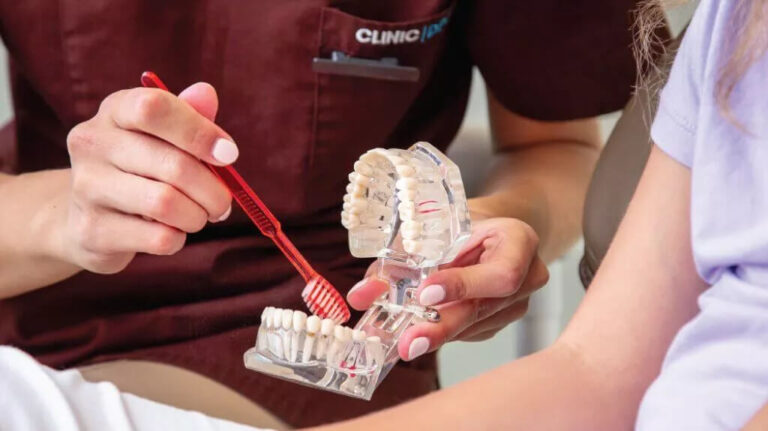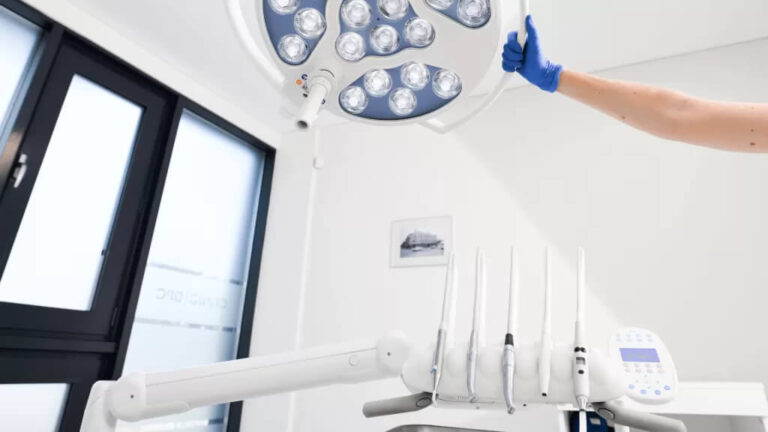Why have dentures become so popular?
The first dentures were introduced in the 18th century. At the end of the 18th century. At that time, poor awareness and lack of access to dental treatment meant that many people lost most of their teeth during their lifetime. In fact, even in the 20th century. By the early 1960s, around three out of ten people in the US between the ages of 20 and 64 had lost all their natural teeth. So it’s easy to see why dentures have become a very popular means of restoring teeth.
For a long time, dentures were the only practical, widespread method of restoring teeth. Restoring a natural-looking smile required just a couple of visits and was painless (in the absence of modern anesthesia, painless dental procedures were a rarity.)
While dentures allow patients to quickly and easily restore a visually appealing, functional smile, this method of restoring teeth can also cause a lot of discomfort in everyday life. Dentures can become loose when chewing or speaking (or even fall out), food debris can build up underneath them, creating the conditions for decay to spread, and eating with dentures can change the taste of food. It should also be kept in mind that removable dentures wear away the jawbone, so that after a while the same dentures may no longer be suitable, leading to additional costs.
Dental implants: a fully improved alternative
The main challenge for the researchers was to develop a method of restoring teeth that had the advantages of dentures (fast, visually appealing restoration) without the disadvantages of dentures.
Dental implants are “roots” made of a certain metal (usually titanium) that are threaded into the jawbone. After the surgery, crowns resembling real teeth are attached to these metal roots.
This method of restoring teeth does not have many of the disadvantages of traditional dentures. Implanted “teeth” do not stick together or fall out. They do not require additional care (removal at night, cleaning). Since the implanted teeth take up only as much space as a natural tooth, they do not create conditions for bacteria to build up and the pleasure of tasting food is not lost when eating (due to the large space taken up, this problem can occur with dentures.) The implants also stop the loss of the jawbone, which prevents the facial contours from deforming.
In short, dental implants are a more reliable, comfortable alternative to dentures. Why, then, do so many people still choose the latter option?
Often, implants are refused because of hidden fears and other emotions.
Dentures may at first glance seem like a simpler, quicker way to restore your teeth. Because it does not involve surgery, it may seem safer. Implants, on the other hand, are new to many people. Just the thought of threading metal products into the bone can seem intimidating (although in reality, implants are completely painless, and patients can eat and smile the next day).
While dentures may seem simpler and less intimidating, the restoration procedure can be more than just a daily hassle – it can only increase in discomfort over time. Therefore, in order to restore healthy, beautiful teeth and a wide smile, it is crucial to consider the pros and cons of the proposed restorative options. Some of these may only become apparent in the long term, so it is very important that your restored teeth do not cause discomfort, additional worries and costs, and that you are able to smile confidently and confidently every day, without feeling any fear or discomfort.
We invite you to visit one of the most experienced implantologists in Lithuania, Simonas Bankauskas, for a consultation. During the visit, the dentist will determine the situation and, taking into account the circumstances and discussing possible treatment options, will propose an individual treatment plan. To schedule a consultation, please call +370 632 00005 or send an email to. Email konsulatcija@clinicdpc.lt.





